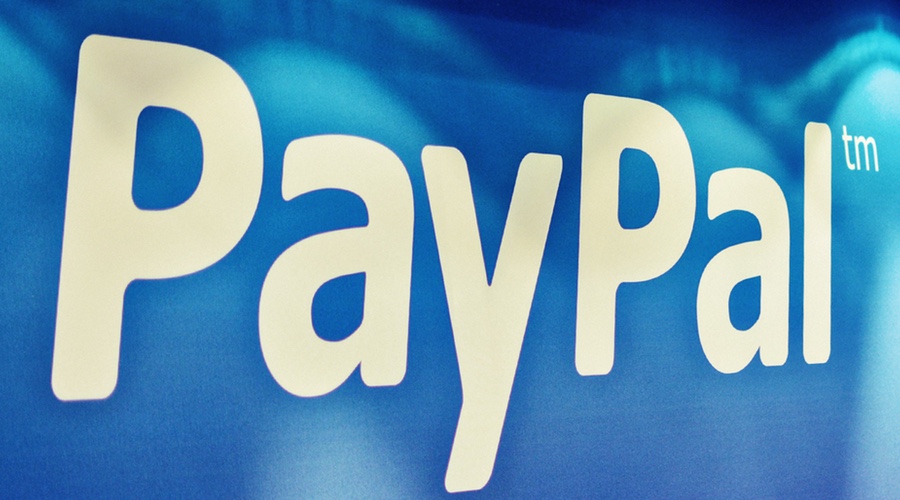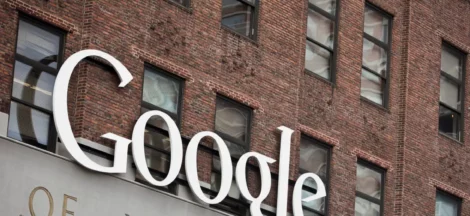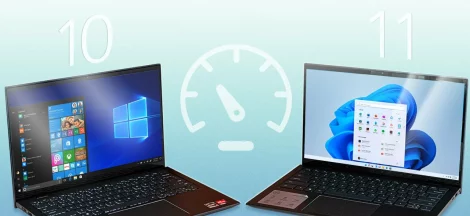At a recent conference in Islamabad, Pakistan’s Minister for State for IT and Telecom: Anusha Rehman cites that the government will soon invite the likes of PayPal, Amazon and Ebay into Pakistan to start operations. This news first popped up on my timeline by an post carried out by ProPakistani and then one by Tribune.
While the efforts maybe genuine and noble, the reality is, that it will be some years before these companies turn their direction our way. I can say this with a wee bit of authority having interacted with them in the past, pursuing the PayPal case.
The answer as to why these companies are not here, hinges on many factors, a prime one being lack of data (See my answer Why PayPal is not coming to Pakistan).
In my off-the-record conversation with PayPal, their priorities right now are focused on existing markets where they see a much larger scope of expanding their business versus expanding into a new territory.
As it is, PayPal has its work cutout for them with regards to the up-sell opportunities in the existing markets and introducing more payment services, as opposed to entering into a new market, which requires a lot of company resources.
Even if PayPal were to look at Pakistan (i.e. to study the possibility of entering the market) it will be most likely during the 2nd or 3rd quarter of 2016 and if they assigned it as a priority market to enter, the likelihood of them starting operation would be 2017 (if not 2018). PayPal’s regional focus right now is towards India, which represents a huge market potential for them, and to the best of my knowledge, this is where they are focused at the moment.
Ground reality is that Pakistan is not an active market for them at the moment.
With a few friends in Amazon, I’ve been told that either via a partnership route or direct, Amazon has no foreseeable road map till 2018 to enter Pakistan. One can argue any which way, but that is where Amazon stands right now.
Ebay, has considered external markets, but they again see regional markets more attractive, and with the unanticipated split of PayPal, Ebay is currently revamping its presence in its existing markets. Pakistan is not on the roadmap.
Does Government Intervention Help?
Somewhat, but mostly no. An interested government request will be treated with courtesy, but companies like Ebay, PayPal and Amazon, do not unilaterally alter their product/services roll-out roadmaps, just because a Prime Minister of a specific country requested them to do so.
These commercial companies already know to a very large degree which markets are lucrative for them and which are not. The ones they are already in, is what they are trying to fix (in the case of PayPal). With limited human resources and capital, they have to make a fiduciary decision if rolling out new products/services in an existing market makes more money for them, or going into a new (unchartered) market?
However, pinning hopes on the government to bringing these companies into Pakistan is most likely not going to yield any net positive result.
Data Drives Decisions
I cannot emphasize this enough. Data does indeed drive decisions. In a country where the government (SBP) and private sector (eg: Karandaaz) cannot agree on numbers like financial inclusion, where the population number is suppressed and where there are no official statistics like domestic CNP transactions, foreign CNP transaction, E-Commerce transactions, sale numbers via Internet Banking, etc. it becomes extremely difficult for a sponsor of a go-to-Country-X document to provide the numbers to build an economic case to enter a specific market.
When we talk about numbers for logistics, those are even harder to get a hold of. They are virtually nonexistent. The companies that possess these numbers, do not publish them, nor are they obligated to, and when it comes to sharing numbers/information – I think you already know the answer to that one.
Pakistan publishes some macro numbers, but that’s about it.
What More Do We Need To Do?
Pakistan getting off the grey-list of FATF (Financial Action Task Force) and making it onto the white-list is progress in the right direction for Pakistan.
- Information sharing is the first thing. Not just sharing it, but having someone audit the information being shared. Numbers are important, but equally important is to be sure they are not fudged.
- Periodic Information sharing is next. We need to get these numbers out every quarter, six months or on an annual basis.
- More granular numbers to be published by the State Bank of Pakistan. SBP has the regulatory powers to ask banks for more elementary reporting on CP/CNP transactions (for example)
- Grey vs. White: Barring a very few almost everyone operating an online shop is not reporting the numbers. If an e-retailer does Rs. 100,000 in sales a day, they might report a 1/10th of it (if at all). This I don’t want to be taxed mentality will needless have to change. Disagree all you want, but it is something of a big concern for external players.
- More industry led discussions and frameworks (such as the one recently conducted by Nadeem Hussain of Tameer Bank).
- More periodic research and survey on the consumer wants & behavior on areas like Payments, Banking, M-Commerce, E-Commerce, Mobile Payments, etc.
Opportunity landscape and potential in Pakistan is huge. We ourselves are killing it for the most part. If you look at the Per Capita spend on E-Commerce between Pakistan vs. India, you will see we lag behind seriously, and herein lies the opportunity.
Take a look at something as basic as Mobile Internet traffic. With the amount of time we spend on the Internet using our mobiles, one would think we would be the top most countries? (our government would certainly want you to believe so), but here is the reality of how we really stand out on the international landscape:
I hear mobile wallet operators keep pitching their mobile wallet solution, but the truth of the matter is, they are being used by the lower income brackets, certainly not by the middle income, upper middle income and upper income brackets.
When we talk about agnostic wallets, almost every banking / non-banking financial institution trumps up a walled-garden argument, to which I give the following answer:
Look closely at it. See where the telcos are and where an agnostic wallet player is? You might want to read up on: Payments Blueprint (Agnostic Wallet Pakistan) and A case for building Pakistan’s equivalent of PayPal.
State Bank of Pakistan also has to revise its policies. Admittedly they are just about the worst possible policies that SBP could have published. For it killed the fintech startup industry in Pakistan, see my two articles on the said subject:
- How State Bank of Pakistan just killed the Payments & Fintech Startup Industry of Pakistan.
- Murder on Chundrigar Road: How SBP killed the payments/fintech startup industry.
There is no denying (even with the skewed laws), we do have an (expensive?) operating framework to start an agnostic payment system in Pakistan, dozen or so companies are tackling it, but the gist remains the same, it has been nearly two nears now I’ve been hearing about it, nothing concrete has been launched.
Potential in Pakistan?
One word: HUGE!
The market is literally virgin in all aspects. I will say this again, we ourselves are killing the industry, by not participating in it.
- By not contributing revenue to it.
- By not paying taxes.
- By not publishing and sharing information.
- By not questioning bad laws or policies.
- By only looking out for ourselves.
- By not truly sitting down, and addressing the stones in our shoe.
Getting all excited at a Minister who has (in my personal opinion) limited experience as to how large foreign entities work [no offense Madam Minister], and going all gaga over what she said at a conference? I don’t hold too much stock in such statements.
The country has immense potential, but it has a bigger disjointed community that could possibly have aided its progress.
I remain cautiously optimistic.
[interaction id=”5655f3b1b8db3ddc5e77f0cb”]
Pakistan Zindabad.
The story originally appeared at Faisal Khan’s Blog









 And I’m ready to do more..
And I’m ready to do more..